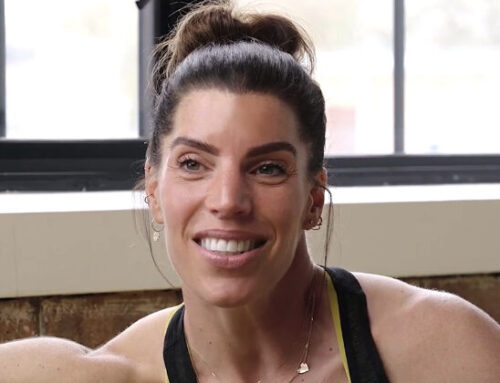
Hands up anyone who has ever had a tough time trying to work as a team.
I definitely have. And whether those challenges arise at work or at home in your family unit, or as a sports team undertaking an endeavour or challenge, there can be so many different factors at play, not to mention personalities, it can be really hard to work out the best approach for success.
Take a team of 3, where 2 people are already friends, all 3 share a steely determination and competitive spirit but are VERY different people, put them on an ocean for 60 days, add sea-sickness, physical decline, sleep deprivation and life-threatening moments beyond their control and you’ve got a highly charged, extremely isolating and soul-destroying situation that feels like something from Lord of the Flies.
Because there’s a very big difference between winning and winning well.
For me, the critical factors all centre around 3 main areas: communication, understanding and empathy.
Here is what I know now, that I didn’t know (or prioritise) then, my top 3 tips for high performing teams:
Communication
The biggest driver of ‘belonging’, open communication is vital. If there are ‘splinter’ groups within a team or information isn’t shared with all members, those cracks become insurmountable barriers very quickly.
Listening is more important than speaking.
Understand HOW to communicate best with each other, how you each receive information best.
Don’t let emotion blur your clarity. Think about the words you use and the way your team mate might interpret them. Remember the timing of your message is as critical as the execution. Assess the mood in the camp, be self aware and most of all BE KIND.
Understanding
You have to understand how each other works. What your triggers are and what you need (and don’t need) in high pressure situations.
Understand each other’s ‘WHY’. The intrinsic motivations you each have for being there, doing the thing.
Not only do you have a responsibility for ‘walking a mile in their shoes’ but you also each have a responsibility to share what makes you, you.
Let go of the ego. Promoting one-upmanship in your team dynamic will have you rowing in the opposite direction.
Empathy
Be VULNERABLE. Forgive mistakes, identify and talk about your fears. Share how you feel about equality. A well-performing team is on an equal footing.
Banish judgement.
Empathy doesn’t mean you have to agree. Healthy disagreement is ok!




